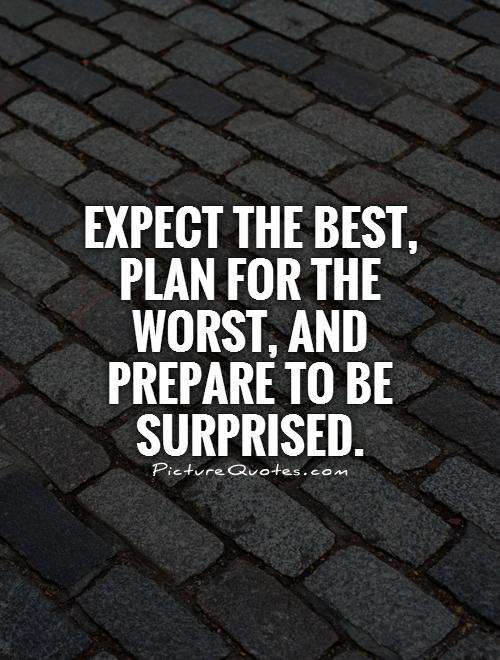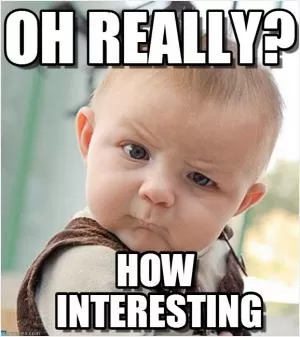Expect the best, plan for the worst, and prepare to be surprised

Expect the best, plan for the worst, and prepare to be surprised
When it comes to preparing for the unexpected, the saying "expect the best, plan for the worst, and prepare to be surprised" is a valuable mantra to keep in mind. This phrase encapsulates the idea that while it is important to have a positive outlook and hope for the best outcomes, it is equally crucial to be realistic and acknowledge that things may not always go as planned. By preparing for potential challenges and being open to unexpected opportunities, individuals can navigate through life with a sense of resilience and adaptability.In the context of preparing words, this saying can be particularly relevant for writers, speakers, and communicators. When crafting written or spoken content, it is essential to have a clear vision of the message you want to convey and the impact you hope to achieve. By expecting the best, writers can set high standards for themselves and strive for excellence in their work. This positive mindset can drive creativity, motivation, and a sense of purpose in the writing process.
However, it is also important to plan for the worst-case scenarios when preparing words. This means considering potential challenges such as misunderstandings, criticism, or technical issues that may arise during the communication process. By anticipating these obstacles and developing contingency plans, writers can mitigate risks and ensure that their message is effectively delivered to the intended audience.
Moreover, preparing to be surprised can add an element of spontaneity and excitement to the writing process. Sometimes, unexpected ideas, insights, or opportunities may emerge that can enhance the quality and impact of the words being crafted. By remaining open-minded and flexible, writers can embrace these surprises and incorporate them into their work in a meaningful way.












 Friendship Quotes
Friendship Quotes Love Quotes
Love Quotes Life Quotes
Life Quotes Funny Quotes
Funny Quotes Motivational Quotes
Motivational Quotes Inspirational Quotes
Inspirational Quotes